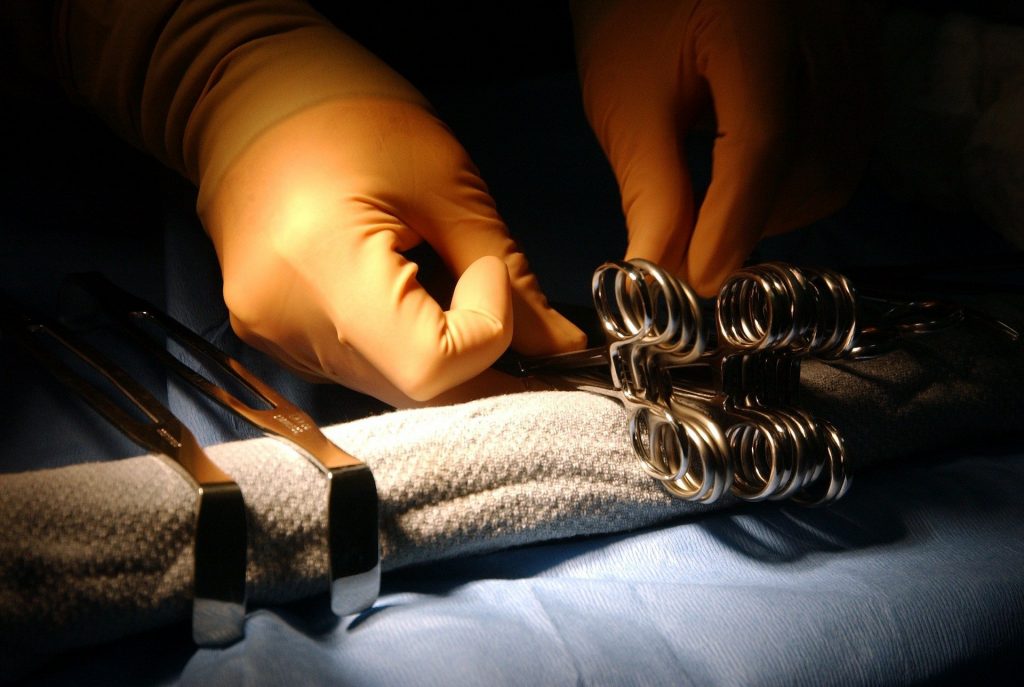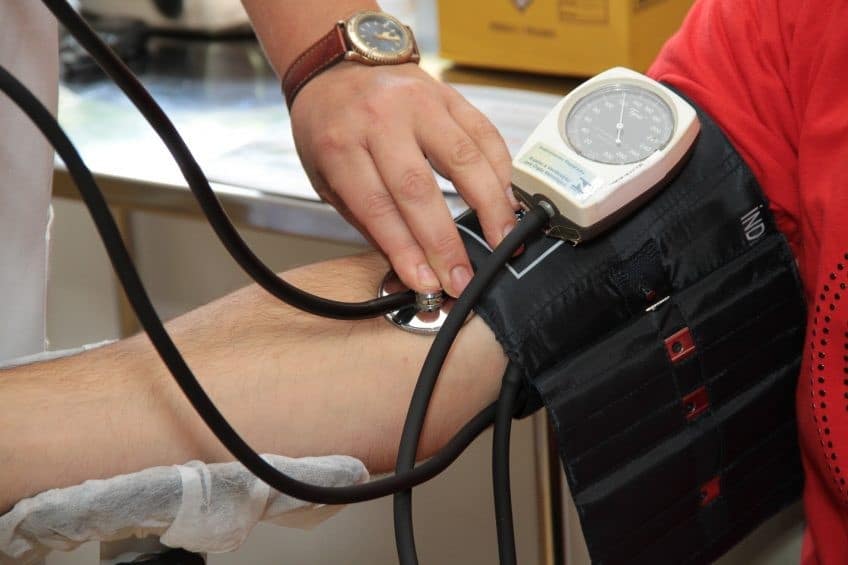Nondelegable Duty For Negligent Maintenance of Surgical Robots
Medical MalpracticeFlorida’s Second DCA announced a new rule in Payas v. Adventist Health System/Sunbelt, Inc. d/b/a Florida Hospital Celebration, et. al, Case Number 2D16-3615 (Fla. 2d DCA 2018), where it was stated that hospitals in Florida have a nondelegable duty maintain surgical robots and cannot shift their responsibility to do so to independent contractors.
General Rule Of Nonliability of Independent Contractors
In this case, the doctors were considered by the hospital as independent contractors as they are by virtually every other hospital around. The doctors performed surgery on Bernardo Galarza in 2009 using a surgical robot to repair a parasophageal hernia. The plaintiff alleged that part of the surgical robot detached during the procedure and became lodged in Mr. Galarza’s esophagus.
Mr. Galarza thereafter experienced significant complications resulting in two subsequent surgeries and allegedly resulting in his death (Payas was the personal representative of Galarza’s estate). Mr. Galarza’s died during his third surgery when his vena cava was ruptured causing severe blood loss and cardiac arrest. The autopsy revealed a thin, coiled band encircling the gastroesophageal junction. The plaintiff claimed that this object was a part of the surgical robot that detached during the first surgery and also that a foreign object was detected on a CT scan done in 2012 but was never informed.
While the doctors are responsibility for their own liability, the plaintiff also claimed that:
- the doctors were apparent agents of the hospital;
- the hospital had a nondelegable duty to maintain the surgical robot (which the hospital provided);
- the hospital can be sued for ordinary negligence for failure to properly train staff on how to use or service (i.e. maintain) the surgical robot.
The hospital defended stating that all of the responsibility for the surgical robot fell on the doctors who were independent contractors and that the hospital had no duty directly flowing to the patient.
While it is well established law in Florida that hospitals are not responsible for the acts of independent contractor physicians, the most significant part of this legal case is the annunciation that maintaining a surgical robot is so “vitally important to the community” that it cannot shift away responsibility to independent contractors.
Interestingly, the Second DCA states in their opinion that “[w]e express no opinion on whether Payas will be able to prove this claim [referring to the foreign object that allegedly detached from the robot during the procedure], or any other claim, against Celebration Health.”
What Does “Vitally Important” Mean?
In Florida, this means that the hospital can choose to contract with third parties to maintain their surgical robots, however, the hospital is still responsible for any negligence committed by those third parties servicing the robots. This means that it does not matter whether the hospital chooses in-house personnel to service the robot or uses an outside company.
I am assuming that the reasoning behind the Second DCA’s holding in this case is based in the fact that these surgical robots cost millions of dollars to purchase (limiting free market access) and there is a public policy concern that substandard service will not be adequately insured to protect the public. The Second DCA is to be applauded for this decision announcing a new rule of law.
The idea of nondelegable duty in Florida medical malpractice has lent itself to the idea that hospitals are not just “hotels” where doctors and patients meet for treatment. Instead, the hospitals in Florida must have some degree of legal responsibility for what goes on there in order for hospitals to be “safe” for the public.
Impact Of Payas On Future Cases
The impact of this case on future medical malpractice cases in Florida is that there are likely several more areas of hospitals that are “vitally important” to the community so as to justify nondelegable liability on behalf of the hospital that go beyond the emergency room, anesthesia services, and negligent hiring/retention of employees (as are already established).
What exactly is “vitally important” to the community is up for debate and will likely be challenged by hospitals seeking to eliminate legal liabilities. While the public and civil juries could most likely agree on what services at hospitals are “vitally important” on a case by case basis, the question of whether a legal duty exists belongs to the judge and the appellate courts. More cases will be needed in the future to help clarify what services in the hospital are in fact “nondelegable.”
Help For Your Malpractice Case
If you have a question about whether you have a valid medical malpractice case in Florida, then you should contact us for an opinion from a Lakeland, Florida medical malpractice attorney. Some of the issues about your case may be clear while others involve a level of uncertainty. Ultimately, whether you decide to bring a medical malpractice claim is a qualitative decision between you and your attorney. This is not an easy thing to determine and often requires the advice of a professional. We offer free consultations to determine whether we think you have a valid case.
Call us today to discuss your case for free.


